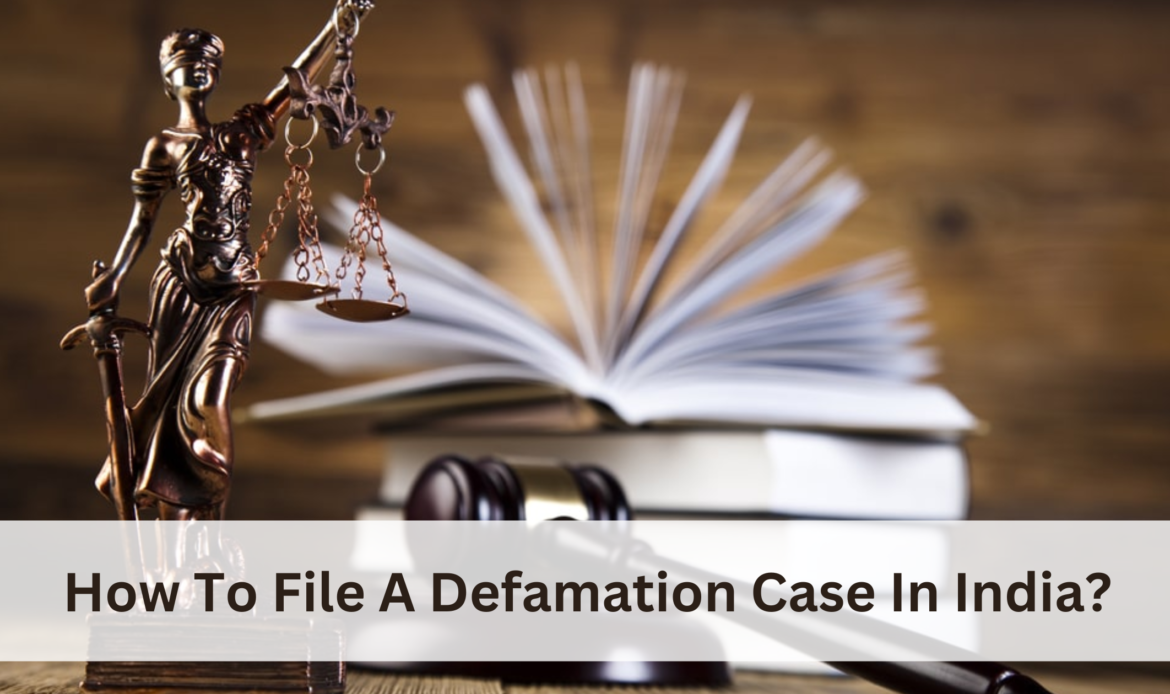Have you ever been the target of false rumors or damaging statements that tarnished your reputation? A defamation case in India can cause serious harm, affecting your personal and professional life.
However, did you know you have legal recourse to fight back against defamation? Yes, that’s true! Want to know how? Let’s explore the steps involved in filing a defamation case, ensuring your rights are protected, and justice is served.
Understanding Defamation Laws in India
Defamation in India refers to spreading false information that harms someone’s reputation. This could be through spoken words (slander) or written words (libel). Indian laws recognize defamation as both a civil wrong and a criminal offense.
Civil defamation allows you to sue for compensation (money) if someone damages your reputation. On the other hand, criminal defamation can lead to imprisonment. To prove defamation, you need to show that the statements made about you are false and have caused harm to your reputation.
It’s important to understand these laws because they protect individuals from unjust attacks on their character or integrity. If you believe you are a victim of defamation, seeking legal advice is crucial to know your options and take the right steps towards seeking justice.
Steps To File A Defamation Case In India
Now that you know everything about defamation laws in India, let’s move to the main point. Here are the steps you need to follow to file a defamation case:
- Consultation with a Lawyer
The first step in filing a defamation case is to consult with a qualified lawyer who specializes in defamation cases. They will assess your situation, gather evidence, and advise you on the best course of action. It’s crucial to choose a lawyer with experience in this area of law to ensure your case is handled effectively.
- Collection of Evidence
Gathering evidence is key to proving defamation. This may include collecting any written or spoken statements that are defamatory, witness testimonies, and any other documentation that supports your claim. Your lawyer will guide you on what evidence is needed to build a strong case.
- Sending a Legal Notice
Before initiating legal proceedings, your lawyer will draft and send a legal notice to the person accused of defamation. The notice will demand a retraction of the defamatory statements and an apology. This step gives the accused an opportunity to settle the matter outside of court.
- Filing a Complaint
If the accused party does not respond satisfactorily to the legal notice or refuses to retract the defamatory statements, the next step is to file a complaint. For criminal defamation, a complaint is filed under Section 499 of the Indian Penal Code. For civil defamation, a suit is filed under the law of torts seeking compensation for damages.
- Court Proceedings
Once the complaint or suit is filed, court proceedings begin. Both parties will present their arguments and evidence before the court. It’s important to attend all hearings as directed by your lawyer and cooperate fully with the legal process.
- Judgment
The court will examine the evidence presented and make a judgment based on the merits of the case. If the court rules in your favor, remedies may include compensation for damages or an injunction against further defamation. In criminal cases, the accused may face penalties such as fines or imprisonment.
Final Words
All in all, filing a defamation case in India requires careful planning, strong evidence, and legal expertise. Defamation cases can be complex and emotionally challenging, but seeking justice for harm to your reputation is important. It’s essential to work closely with the best law firm in Kolkata. At Kshetry and Associates, we offer the best legal services in Kolkata.

